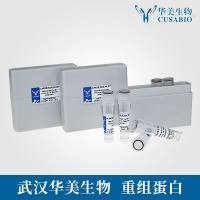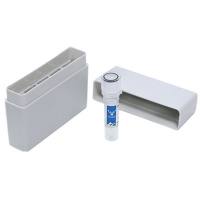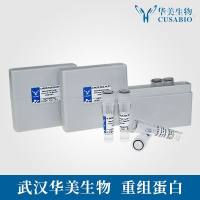Monoclonal antibodies (mAbs) are currently the fastest growing class of therapeutic proteins. Parallel to full-length IgG format the development of recombinant technologies provided the production of smaller recombinant antibody variants. The single-chain variable fragment (scFv) antibody is a minimal form of functional antibody comprised of the variable domains of immunoglobulin light and heavy chains connected by a flexible linker. In most cases, scFvs are expressed in the bacterium E. coli . The production of soluble scFvs under the reducing conditions of the E. coli bacterial cytoplasm is inefficient because of the inability of the disulfide bonds to form. Hence, scFvs are either secreted to the periplasm as soluble proteins or expressed in the cytoplasm as insoluble inclusion bodies and recovered by refolding. The cytoplasmic expression of scFvs as a C-terminal fusion to maltose-binding protein (MBP) provided the high-level production of stable, soluble, and functional fusion protein. The below protocol provides the detailed description of MBP-scFv production in E. coli utilizing two expression systems: pMalc-TNN and pMalc-NHNN. Although the MBP tag does not disrupt the most of antibody activities, the MBP-TNN-scFv product can be cleaved by TEV protease in order to obtain untagged scFv.






